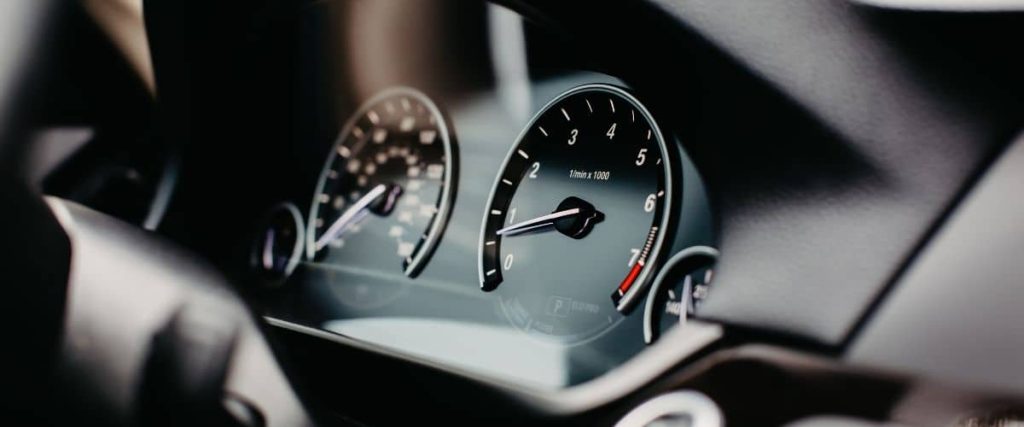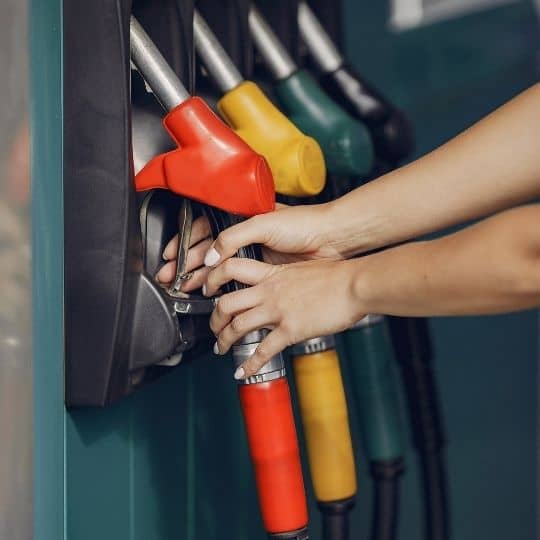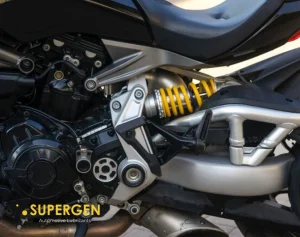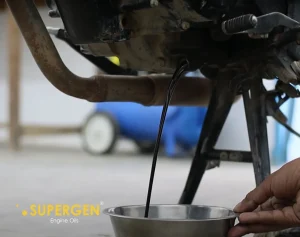Vehicle Mileage Meaning, Calculation, Importance & More

What does vehicle mileage mean?
Mileage is one of the most important factors that vehicle owners pay attention to, even before buying the car or bike. Essentially, Mileage refers to the number of kilometres that a vehicle can travel on one litre of petrol or diesel. The word Mileage has many alternatives, such as bike average, bike mileage, car average, gas mileage, etc. However, all these terms basically mean one and the same thing.
Why is vehicle mileage important?
One of the main costs of owning a vehicle is the cost of fuel. As fuel prices continue to rise in all parts of the world, this cost is becoming more and more of a burden to vehicle owners everywhere.
If a vehicle has more mileage i.e. it can travel a large number of kilometres in small amounts of fuel, it is a huge advantage. High car or bike average means that car/bike owners end up spending less on petrol or diesel, thus increasing the total savings.
On the other hand, if the mileage is low, then the engine will drink up fuel at a fast pace, and the tank would have to be refilled frequently, raising costs. The amount of savings that high fuel economy can offer makes it a very important factor for a car or bike.
How can you find out your vehicle’s Fuel Economy/Mileage/Average at home?
Figuring out what your car’s average is or your bike’s mileage is, is very simple. For newly purchased vehicles, this information will be provided by the vehicle dealers or in the owner’s manual.
However, if you are not sure what your fuel economy is, there is a simple way to determine the number. In order to find out the fuel economy of the vehicle, all you need to do is calculate how far the car or bike travels on one litre of fuel. To do this, you can first empty the tank of your vehicle, including the reserve.
Once there is no fuel left in the vehicle, take a note of the amount of kilometres shown on the odometer. Now, fill up the tank with exactly one litre of fuel and use the car and bike normally till it runs out of fuel.
When the vehicle stops because the tank is empty, check the odometer again and note down the number shown. Now, simply subtract the first reading from the second to find out how many kilometres the car/bike has travelled on one litre of fuel.
How is mileage or average calculated?
The technique mentioned earlier, to measure mileage at home, is simple but time consuming. It is thus not practical to do all the time. Furthermore, one litre is a very small amount and small variations can render the readings inaccurate because of this. In order to calculate the mileage easily and in a more statistically proper method, the automobile industry calculates fuel economy based on a full tank.
This means that fuel economy is determined by the number of kilometres a vehicle travels on a full tank of fuel, as opposed to just one litre. However, in some European countries, this standard is reversed and mileage is calculated on how much fuel is used to travel a certain distance. This means that people will measure how many litres of petrol or diesel is used up to travel 100 kilometres, and that number is seen as the fuel economy of the car or bike.

What is the average fuel economy of a car?
Generally, car average can range anywhere from 25km/ltr to 45 or 50 km/ltr. A car’s mileage also changes with its age and use, so a car that used to give high mileage can become low on fuel economy later on as well.
Car average depends upon a lot of factors. The model, make and design of the car and its engine, the way the car is serviced, the driving method used, the age of the car, where it is driven and what conditions it is used in, the type of fuel, etc. all affect the car’s performance and therefore the fuel economy. High end, expensive cars often give a higher mileage as compared to cheaper cars. Similarly, newer cars have higher mileage than older ones.

What is the average mileage of a motorbike?
Generally, bike mileage can range from 75 km/ltr to 100km/ltr. Since bikes are smaller and lighter than cars, the fuel economy of a bike is always higher than that of a car.
Just like a car’s average is variable due to a number of factors, a bike’s mileage also depends on factors like the model of the bike, its age, its usage, type of riding, etc. High end, well maintained bikes that use high quality fuel and are ridden carefully will have higher mileage than cheaper bikes that are not serviced regularly and are ridden roughly.










